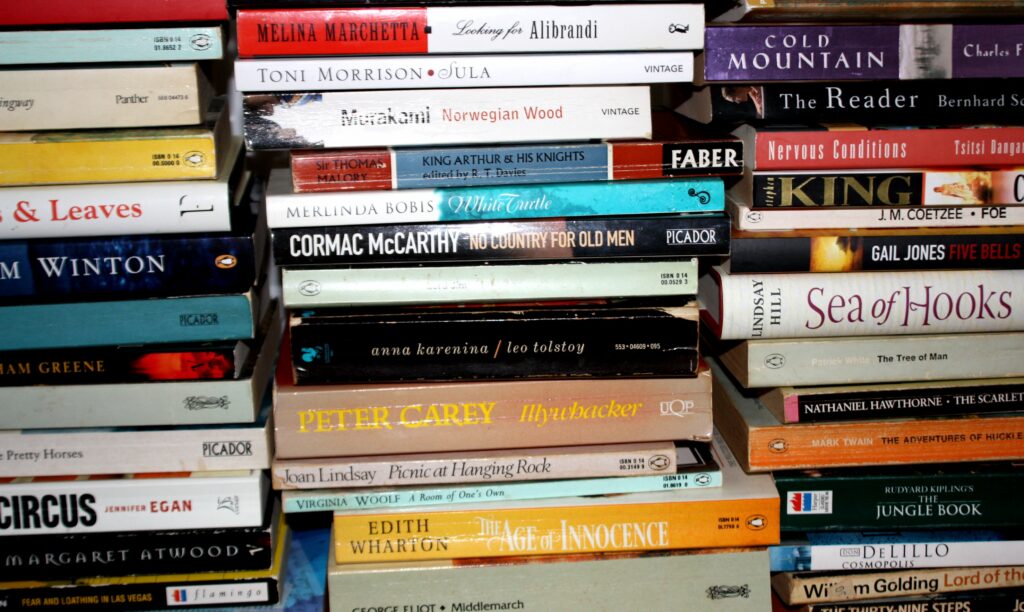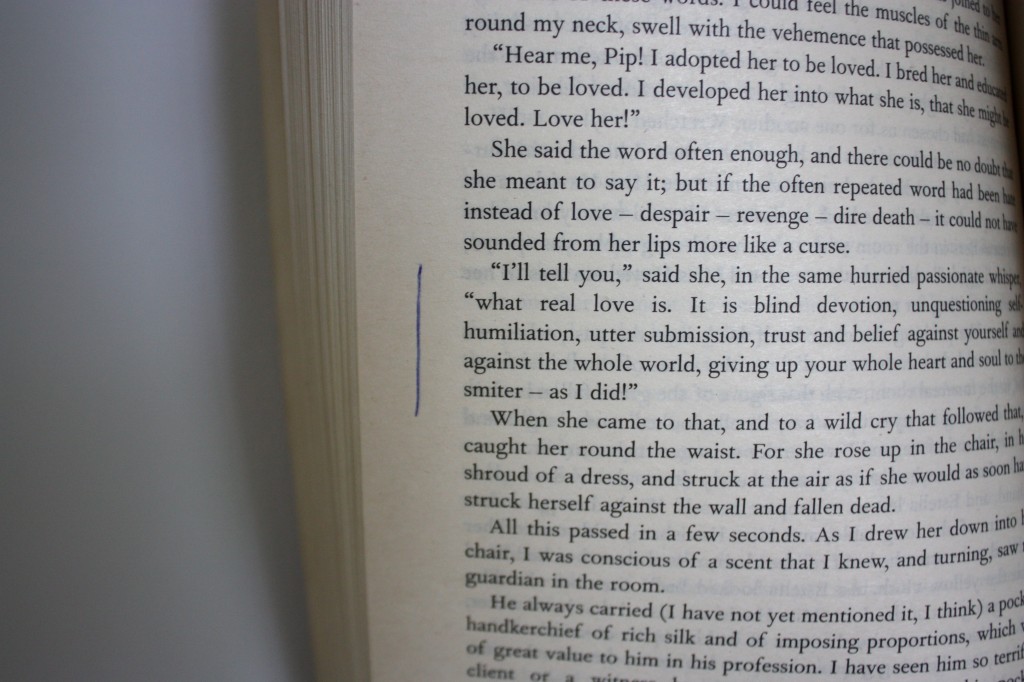Many writers will naturally be big readers. It’s in our nature to absorb words, characters, and stories, wherever we can. Some writers aren’t big on books, although they have every reason to be. By reading we learn sentence structure, grammar, plot progressions, character archetypes, clichés, genre styles, and ultimately, the difference between good and bad writing. Reading becomes a lot more than just an imaginative escape when you’re serious about developing your craft as a writer.
Reading is a means to learning, and if you can read properly with a writer’s brain rather than a casual bookworm’s, your writing will thank you for it.
Finding Time
Many of us feel that we just don’t have enough time to write a story let alone read one. We lead busy lives, and sometimes working on our own novels is more important than consuming someone else’s. Not all writers feel that way, but there are those who believe they either have no time or no need to keep reading (oh, how wrong they are).
The benefits of reading are as infinite as the places a book can take you, and as the great Stephen King one said:
If you don’t have time to read, you don’t have the time (or the tools) to write.
If you stop and think about how many minutes are truly in a day, surely you take just a small window of time to sit down and relax with a story? Dedicate just 15 minutes a day to a book, this is enough to throw yourself fully into the act of reading and learning.
Develop Your Vocabulary and Craft
Without professional training, most writers learn technique through subconscious learning while reading their favourite books. We start with small stories as children and develop tastes over time, fall in love with books like Narnia, Harry Potter, Charlie and the Chocolate Factory, and learn that storytelling is a complex and beautiful thing.
I’m lucky to have a broad reading taste, and my bookshelves will tell you that I love reading anything from realism to sci-fi, from Charles Dickens to Anne Rice. University opened up my world of reading in a whole new way, and I started to read not just for the enjoyment of it, but to learn how to emulate a good writing style. I’d never read poetry before starting uni. I’d never read many of the classics, never read any essays on literary movements or writing as a craft.
At uni I also learned about specific writing techniques and the detailed world of sentence structure. These enlightened my writing and editing processes, but my foundations in these areas had already been firmly established by my extensive reading habits. I’d always been able to look at a sentence, figure out if there was something wrong with it, and know how to fix it – all thanks to reading.
Look at any book you’re currently reading and you’ll find important formatting techniques such as how to structure paragraphs, how to use quotation marks, where to use white space. Structural elements like chapters, flashbacks, and plot climaxes become ingrained in us just by reading. And by absorbing all these things, we can use them to tell our own stories.
Expand Your Literary Horizons
But the thing about reading is that to truly learn from it you can’t just get cosy in your favourite genre and never leave. You must expand your horizons and read outside your comfort zone. For me, that was reading essays and learning about literary movements and concepts. It was a lot to process at uni, and most of the academic theories are extremely dry reading. Some of the novels too (The Secret Agent, not one of my favourites).
But I learned from these, too. In high school I found it difficult to read The Road because it had no punctuation. A few years later I was tackling Ulysses and I’m proud to say I got through it without turning back. I read outside my preferred genre of realism and literary fiction and enjoyed books like Trouble on Triton. I learned how to see the world around me in a different way, a way that might not have otherwise been made available if I’d stuck to the reality that I live in now.
A less exciting but equally important way to learn to be a better writer is to read bad writing. By reading terrible books we understand how not to write, how not to plan our books, how not to create our characters.
Some books are painful (I got less than ten pages into The Notebook and had to put it back on the shelf). And some books are okay, but fall short of being good (or even great). It’s the latter that really teach you something. So don’t discriminate with your reading. Devour books from all styles, genres, countries, and eras, because they all have something to teach you, even if you can’t see it just yet.
Make Notes
I always felt that it was book-blasphemy to deface a page with pen and scribbles. This was what always turned me off making notes while I read, but I’ve found that paying attention (not just to the story but to the way it’s written) is magnified by the ability to jot down your thoughts while you read.
For difficult books that were out of my genre I wrote chapter summaries in an exercise book, just a few lines to sum up in my own words what in the world I’d just read. This helped stick complex plots into my head that I could still remember months after reading. I also tried post-it notes, but my books were littered with yellow slips (not very attractive on a bookshelf!) and they faded over time. And as much as I’d hate to admit it I now take pen to my pages, and it’s actually not so bad.
It’s an unobtrusive and simple way to remember important passages, and I can always flick through and find what I’m looking for to get inspired.
Pay Attention
The easiest way to learn how to craft a good story is to pay attention to your reactions while reading. If a particular line makes you laugh, cry, hurt, smile, or feel, stop and ask yourself why. Deconstruct that sentence, consider how it uses technique to get its meaning across, and discover how it reflects on the rest of the story.
Analyse
When you finish the book and you’re left with that oddly sad in-between feeling, start thinking about what it was that made that book what it was: the structure, the language, the characters. Whatever comes into your mind first is probably the most important. Discuss the book with a friend or a group and tell them why you did or didn’t like it. Alternatively, you can write a review – thus, building upon your writing portfolio as well!
Reflect
Furthering the novel’s discussion, write yourself a book review. Reviewing a book lets you put into words exactly what you thought was good, what was bad, and how the author excelled or could have improved. Analysing the work of someone else will allow you to see how you can better your own.

